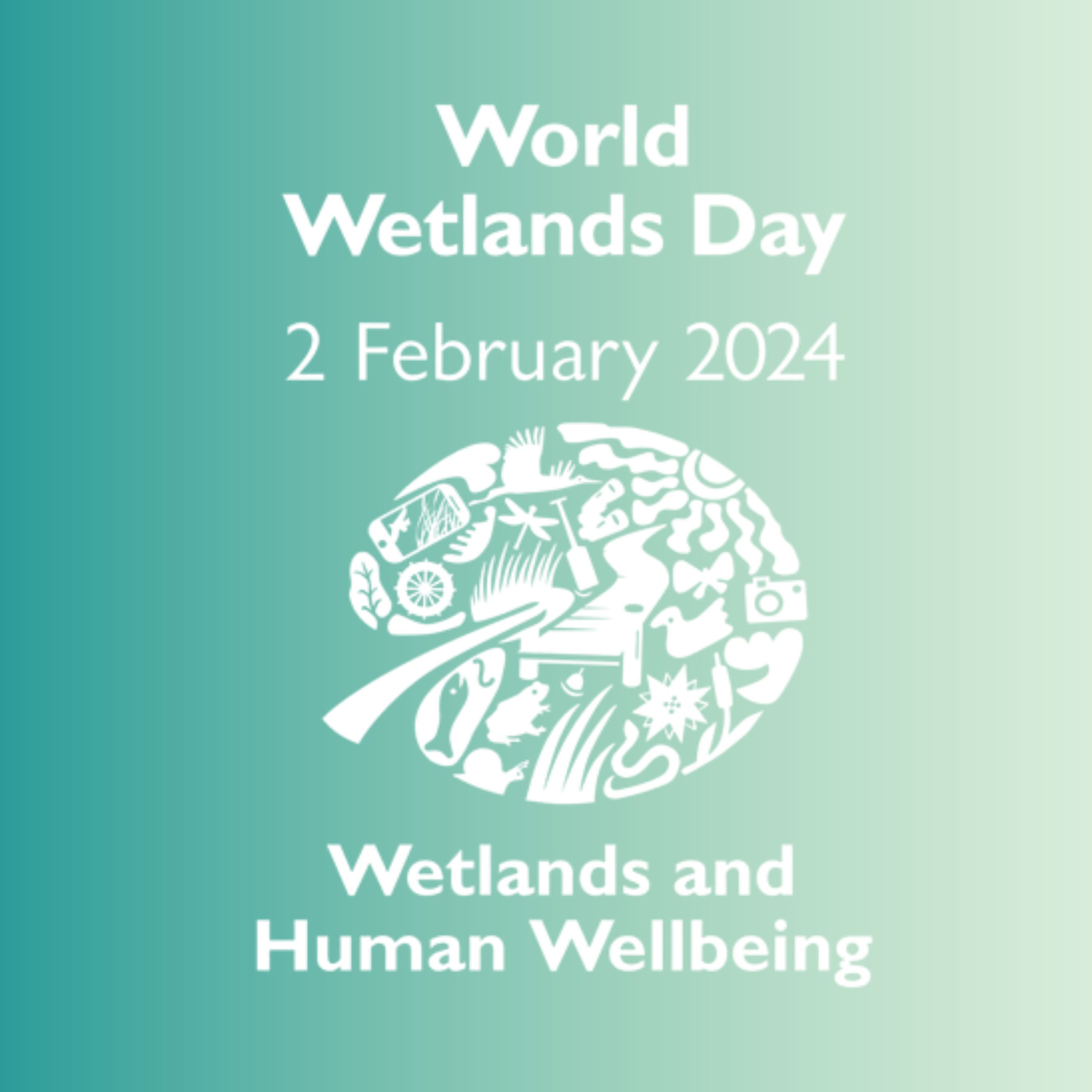
40% of all plant and animal species live or breed in wetlands.
Wetlands play a significant role in supporting ecosystems and biodiversity, and they are deeply connected to human well-being. Although they cover only around 6 percent of the earth’s land surface, 40 percent of all plant and animal species live or breed in wetlands; and about one in eight people on earth depend on wetlands for their livelihoods (United Nations, 2024). Despite the benefits for both the environment and communities, wetlands face critical threats due to anthropogenic influences and are the planet’s most threatened ecosystem. This World Wetlands Day is an opportunity to recognize the value of wetlands and to advocate for better conservation efforts.


